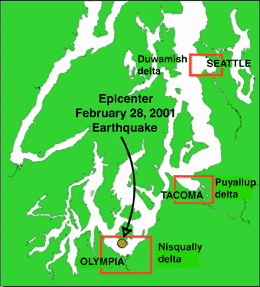Welcome to the site where history scorched the land, quite literally. Nebraska, in the heart of the Great Plains, was hit hard by the infamous 1936 heat wave. This natural disaster left an indelible mark on the state and its people, and today, we take a moment to reflect on this pivotal moment in history.
The summer of 1936 was one of the hottest and most devastating in the recorded history of the United States. The heat wave struck the Midwest and Great Plains with unprecedented ferocity. In Nebraska, temperatures soared above 100 degrees Fahrenheit for days on end, culminating in a record high of 118 degrees in Minden, Nebraska, on July 24. This extreme heat caused widespread crop failures and exacerbated the struggles of the Great Depression, a time when the economic hardship was already severe.
Communities across Nebraska were severely impacted. The sweltering heat took a heavy toll on agriculture, the bedrock of Nebraska’s economy. Crops withered under the relentless sun, leading to significant financial losses for farmers and contributing to food shortages. People struggled to find relief, as air conditioning was not yet commonplace, and many relied on makeshift solutions to cool their homes and workplaces.
In the broader historical context, the 1936 heat wave underscored the vulnerabilities of rural America during the Dust Bowl era. It also highlighted the importance of developing strategies to mitigate the impacts of extreme weather, a conversation that would become increasingly relevant in the decades to come as climate awareness grew.
One notable figure during this time was John Hyde, a Nebraskan farmer whose diaries provided a firsthand account of the challenges faced by those living through the heat wave. His writings offer a poignant glimpse into the daily struggles and resilience of Nebraskans during this trying time.
As you stand here today, remember the resilience and determination of those who weathered the heat wave of 1936. Their story is a testament to the enduring spirit of Nebraska and its people.






